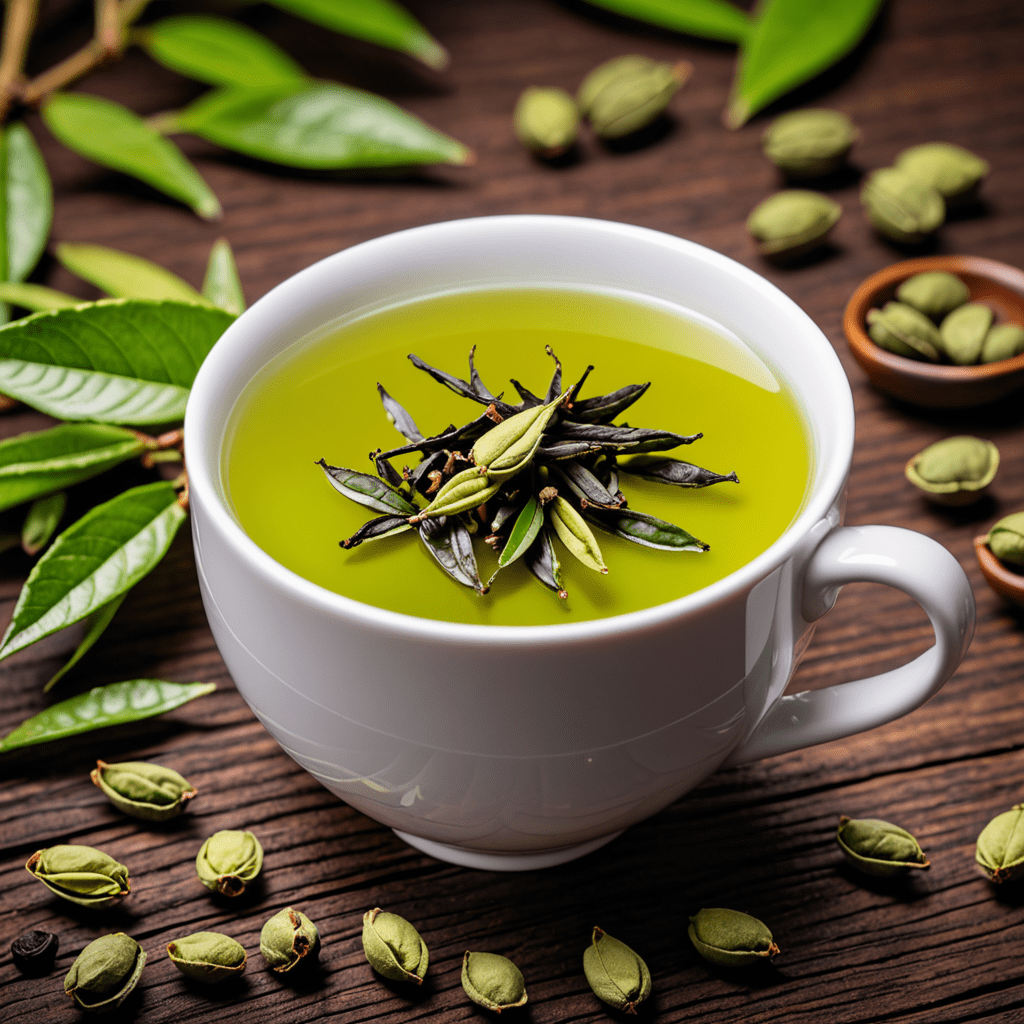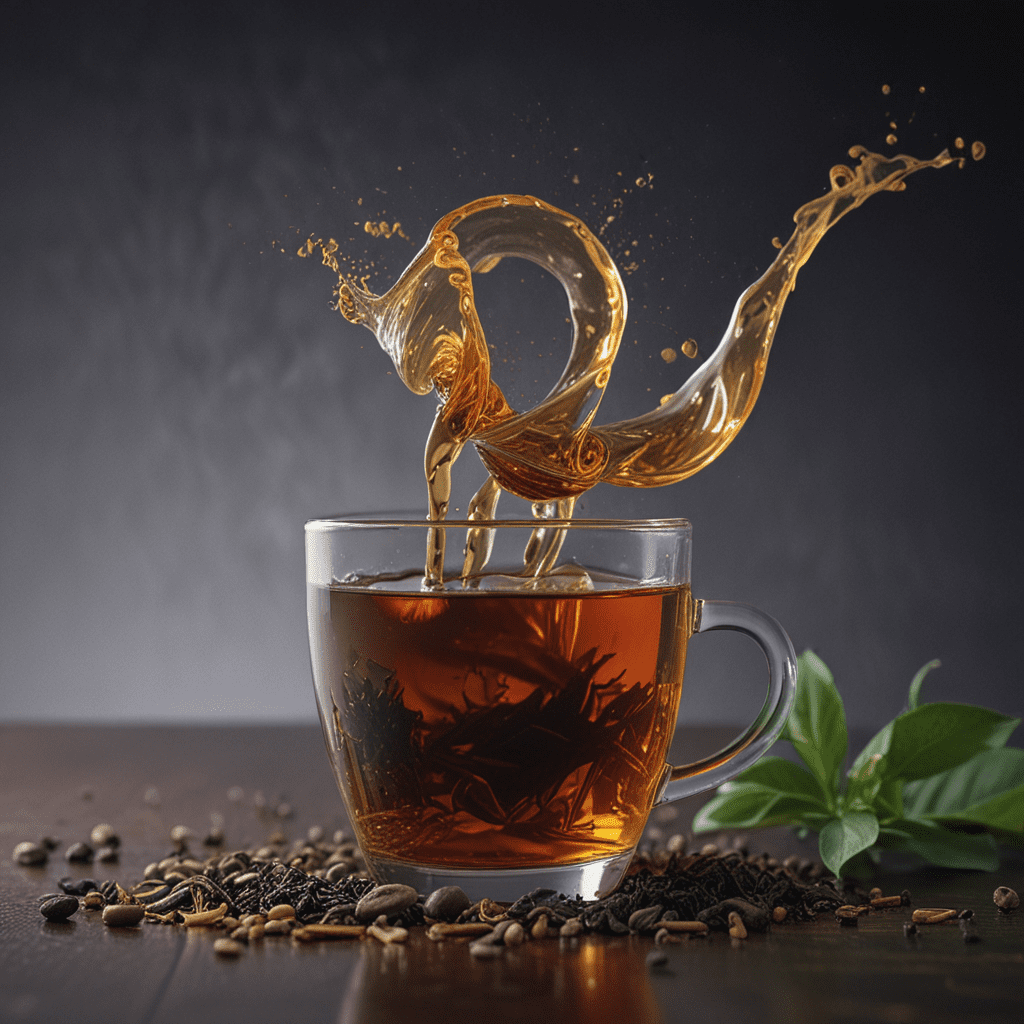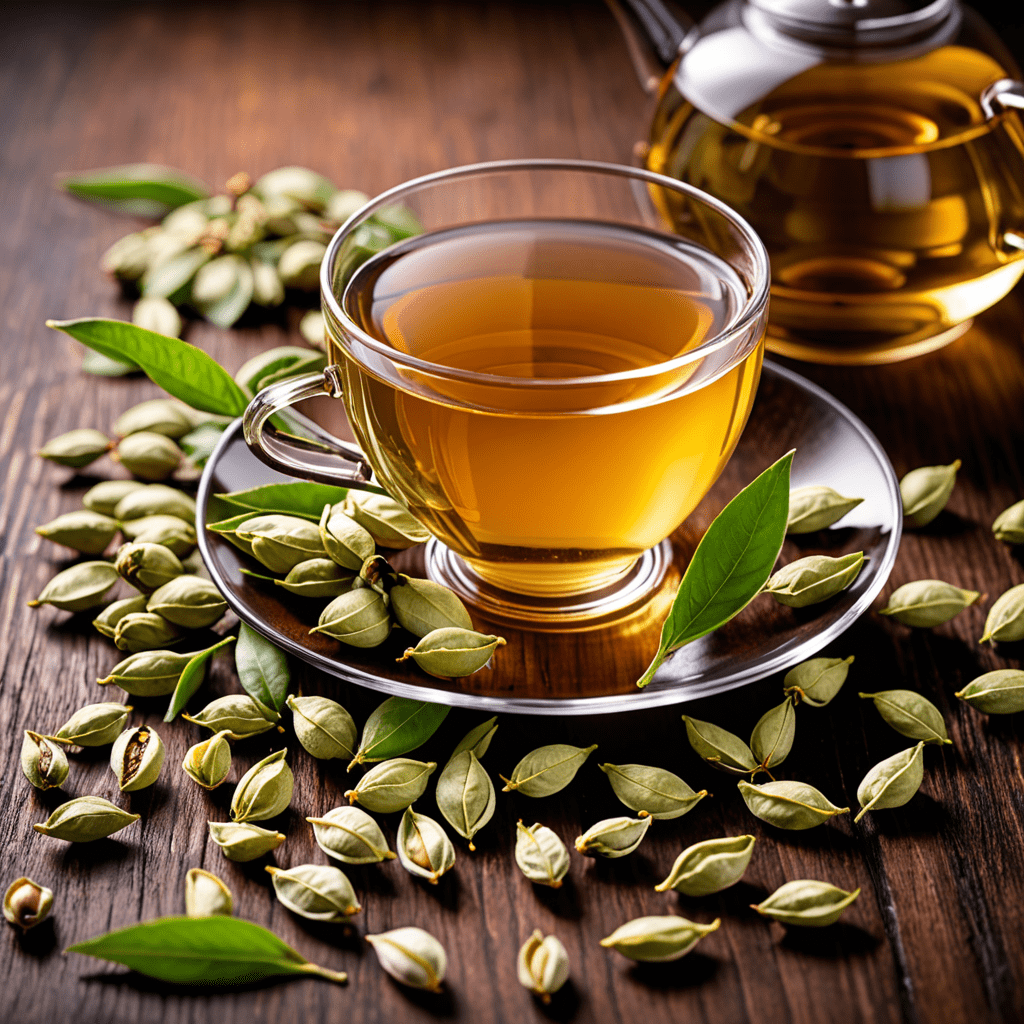
Caffeine Comparison: Uncovering the Buzz in White Tea and Green Tea
When it comes to choosing a hot beverage, tea is a popular choice for many. While some enjoy the soothing aroma and delicate flavor of white tea, others prefer the slightly more robust taste of green tea. One of the factors that often comes into play when deciding between these two teas is the caffeine content. Let’s delve into the caffeine levels in white tea and green tea to help you make an informed choice.
Understanding Caffeine Content in Tea
Caffeine is a natural compound found in various plants, including tea leaves. It is known for its stimulating effects on the nervous system. When it comes to white tea and green tea, understanding their caffeine content can help tea enthusiasts make a choice that suits their preferences and lifestyle.
Caffeine Content in White Tea
White tea, known for its delicate and subtly sweet flavor, is made from young tea leaves and undergoes minimal processing. Contrary to popular belief, white tea does contain caffeine, although in lower concentrations compared to its green counterpart. The caffeine content in white tea can range from 15-30 milligrams per 8-ounce cup, making it a suitable choice for those looking for a milder caffeine kick.
Caffeine Content in Green Tea
Green tea, with its slightly grassy and vegetal notes, is a favorite among tea enthusiasts. The caffeine content in green tea typically falls in the range of 20-45 milligrams per 8-ounce cup. While the exact caffeine levels can vary based on factors such as brewing time and tea variety, green tea generally offers a moderate caffeine boost.
Comparing Caffeine Levels
When comparing the caffeine levels in white tea and green tea, it’s evident that green tea generally contains slightly higher amounts of caffeine. However, the difference in caffeine content between the two types of tea is not substantial. Both white tea and green tea provide a moderate caffeine boost, making them suitable choices for individuals looking to enjoy the benefits of caffeine without experiencing the jittery effects associated with higher caffeine consumption.
Making an Informed Choice
When choosing between white tea and green tea based on their caffeine content, it’s essential to consider personal preferences and overall lifestyle. If you prefer a milder caffeine kick and enjoy the delicate flavors of tea, white tea may be the ideal choice for you. On the other hand, if you appreciate a slightly stronger caffeine boost and the earthy undertones of tea, green tea could be the perfect option. Ultimately, both white and green teas offer unique flavor profiles alongside moderate caffeine content, allowing tea enthusiasts to savor their favorite brew while benefiting from the natural stimulant.
FAQ
FAQ
1. Does the caffeine content in tea vary based on the brewing method?
Yes, the caffeine content in tea can be influenced by brewing factors such as steeping time, water temperature, and the amount of tea used. A longer steeping time and higher water temperature can result in a slightly higher caffeine content in the brewed tea.
2. Is decaffeinated white tea or green tea an option for those sensitive to caffeine?
Yes, decaffeinated versions of both white tea and green tea are available and can be suitable choices for individuals who are sensitive to caffeine. Decaffeinated teas undergo a process to remove most of the caffeine while retaining the flavor and other beneficial compounds found in tea.
3. Are there other factors besides caffeine content to consider when choosing between white and green tea?
Absolutely! In addition to caffeine content, factors such as flavor profile, antioxidant levels, and potential health benefits play a significant role in the decision-making process. Each type of tea offers its own unique characteristics beyond caffeine content.


